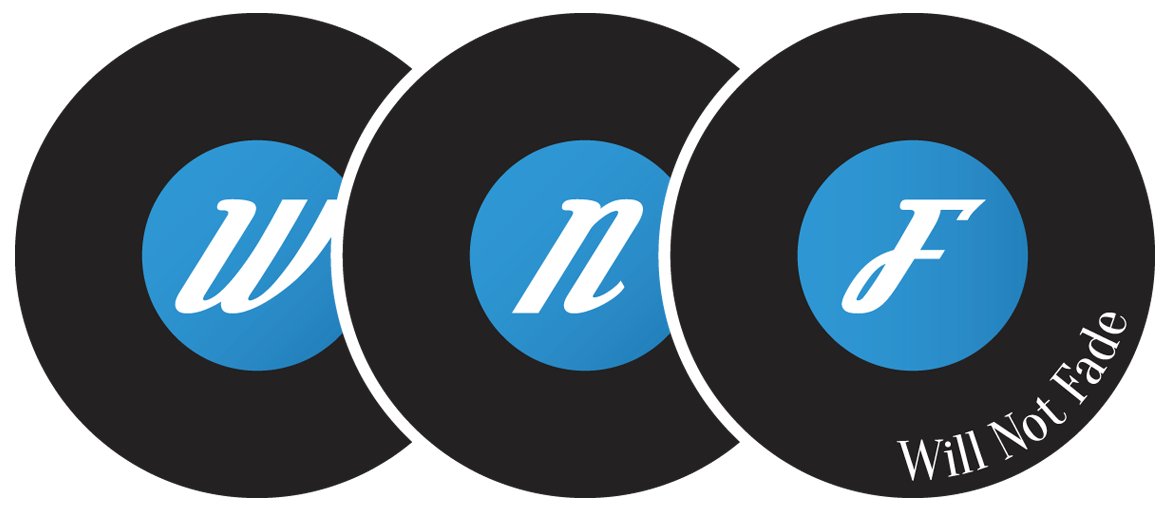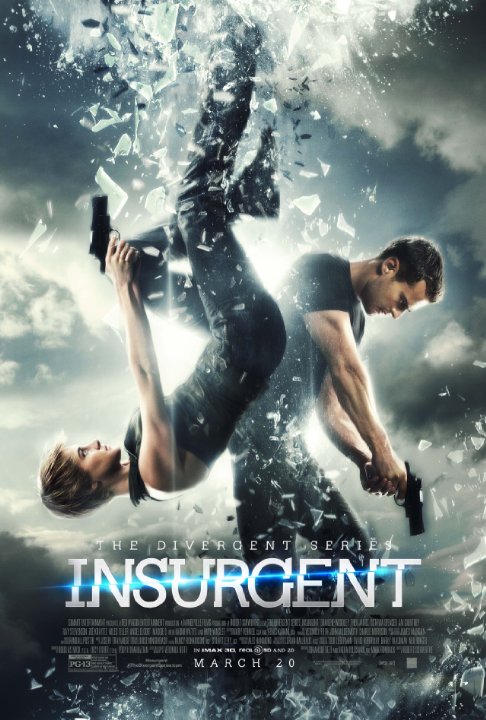I fell in love with the dystopia genre in 6th form English class, when we read Aldous Huxley’s futuristic novel, Brave New World. The marriage of science-fiction and social commentary captivated me. Not only was the story interesting, but it contained an underlying message that fascinated me. Here was a novel written way back in 1931, that had accurately predicted societal functions 80 years in the future.
It makes sense then, that I enjoyed watching Divergent last year. Based on the novel by Veronica Roth, Divergent, follows on from some of the same themes found in Brave New World. The setting is a familiar sci-fi scenario – a post-apocalyptic city containing the last of civilization. The world has been ravaged by war, so the last of the Earth’s population have created for themselves a city contained within a wall, the last refuge for humanity. In an attempt to maintain peace and preserve what they have left, the leaders have elected to split themselves into different factions based on temperament.
To steal from Wikipedia, the factions are: Abnegation, for the selfless; Amity, for the peaceful; Candor, for the honest; Dauntless, for the brave; and Erudite, for the intellectual
This system would be fine for maintaining peace, were it not for divergents – those whose temperaments are split, meaning that they do not fit within any one faction. Divergents are not tolerated, being considered threats to the system. The film follows one divergent, Triss, and how she tries to fit in as a square peg in a volatile world of round holes
Insurgent picks up a few days after the conclusion of the first film. Protagonists Triss and Four, along with a handful of others, are fugitives after having thwarted an uprising of one of the factions. They have to fight for their survival, either by hiding from those hunting them, or by going on the offensive and leading a war.
The romantic chemistry between the two lead characters is odd – certainly not what I would consider obviously affectionate. I was thinking that the producers had tried to tone down the PDA to get a suitable rating for their ‘tweenage’ audience, until an awkward gratuitous sex scene came up mid-film.
This is not to say that the acting is bad. At many times Shailene Woodley (Triss) seems quite plain (the Oatmeal has an interesting commentary about Twilight that could apply here also), but during the fighting and action scenes she holds her own. Her star moments though, are when she is stricken by grief and has to confess a guilty secret to her friends. Her tears and anguish shine through, really tugging on the viewers heartstrings.
The scenery and the sets are brilliant. Ruined skyscrapers dominate the landscape in a post war-torn Chicago. Plenty of thought has been put into the stark contrast between the different homes of each faction. The characters live in dingy underground tunnel systems, fight on streets of rubble, farm lush fields and calculate in sterile cities, all connected by a large train circuit. CGI has been used to generate holograms and ‘sims’, dream worlds that characters can plug into. Watching the film in 3D did detract from the visuals at times (like when the background was blurred out of focus to make the foreground ‘pop’), but nothing ever appeared cheap or poorly done.
The plot is fairly predictable, but there are enough double crosses and surprise fight scenes to keep the viewer alert. The action sequences are scattered throughout. Be warned that some of the violence, though not explicit, could certainly upset the viewer.
It’s all too easy to draw comparisons with The Hunger Games. Both series are blockbuster movies based on novels. And in both are set in a dystopian future in which society insists on an unjust system to “maintain the peace”. Things slowly begin to unravel, and a strong female leads the underdogs to fight for a more just world.
I see these two trilogies as a positive thing. The series are largely marketed at the ‘tweenage’ demographic, but are enjoyable enough for all audiences. I think widely influencing films such as these are beneficial because they get the viewers thinking: What would I do if I lived in a world like that? Where would I fit in? Would I challenge the status quo? It is also nice to finally see some gutsy female lead roles in a movie industry currently dominated by macho superheroes.
Dystopian stories and films of allegorical nature are becoming increasingly relevant. The factions could be viewed as a feudal class system, something that has potential to happen in the future, with the ever-widening gap between the wealthy and the destitute. The once outlandish and unthinkable ideas found within Brave New World and Georg Orwells’s 1984 are becoming reality. The New Zealand government is selling off citizens rights to multinational corporations and choosing to support unjust wars against the will of their people. The extent of control held by those wielding power needs to be questioned.
The story line of Insurgent wasn’t as good as it’s predecessor, but I still recommend both films, and intend to watch the final installment in the trilogy. Not only because I enjoyed watching them, but because I think that they contain important questions that have the potential to engage many people.
Joseph James

